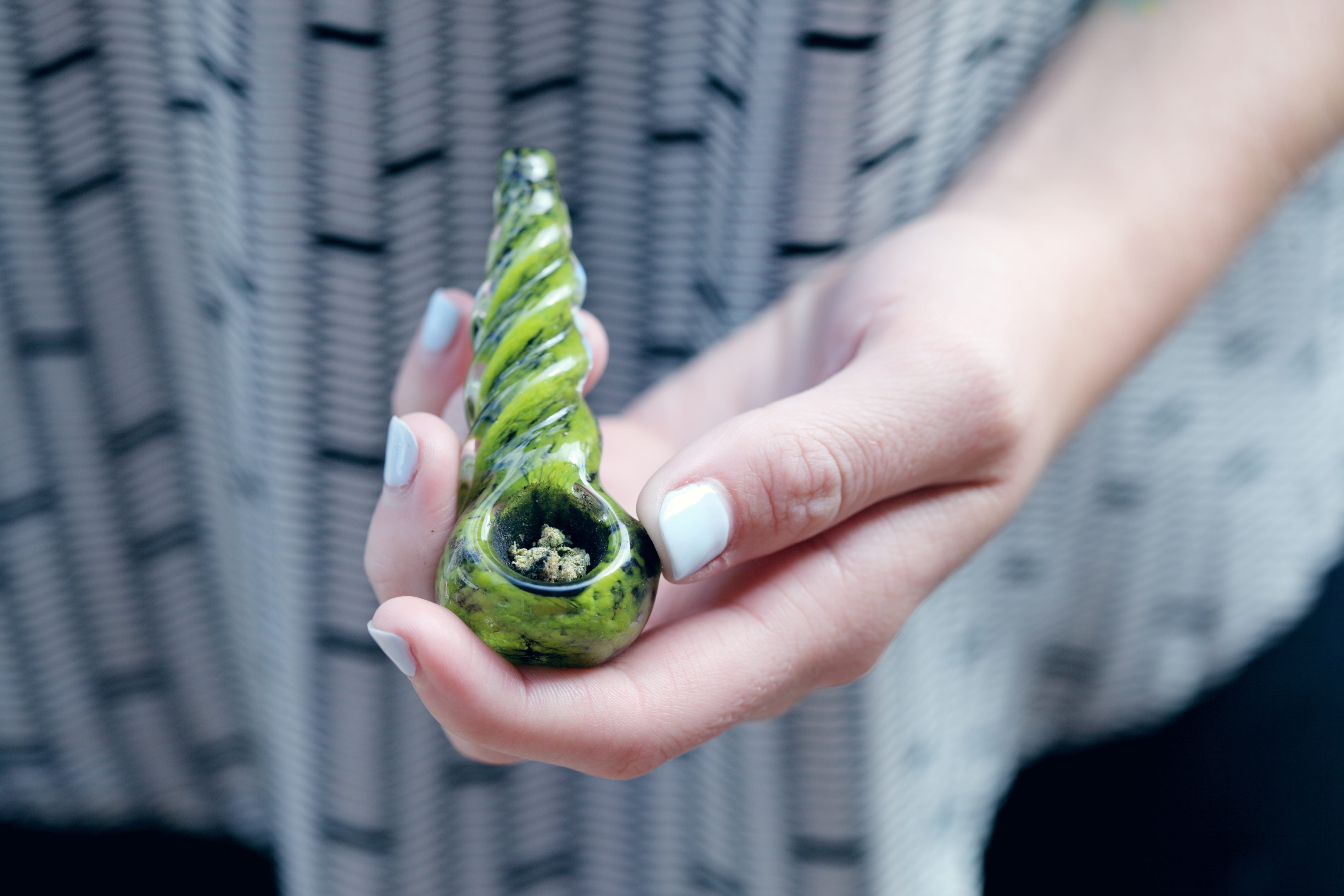Maryland lawmakers are considering a bill that would list medical marijuana as an effective treatment option for opioid use disorder.
A number of experts in the medical community and patient advocates concerned about the devastating effects of the opioid crisis are turning to medical marijuana, suggesting it should be added to the list of traditional treatment options via a legislative bill to reduce opioid cravings and withdrawal symptoms.
Illinois recently rolled out a program that will allow some patients receiving opioid subscriptions to substitute these with medical marijuana. In August 2018, then-Governor Bruce Rauner signed the program, referred to as the Opioid Alternative Pilot Program, into law. It was the first of its kind in the nation. The program’s goal, of course, is to reduce opioid overdose deaths in the state by giving patients who qualify the option to use medical marijuana.
Three other states have introduced similar bills – New York, Pennsylvania, and New Jersey. And, now Maryland lawmakers are considering following suit. A bill is currently being considered which would make it next in line to explicitly legalize the use of marijuana specifically to treat opioid abuse disorder. However, it has received significant push-back by the medical field with many suggesting that there still is not enough research to demonstrate that cannabis is an effective treatment for opioid use disorder. They are also concerned that approximately ten percent of marijuana users ultimately become addicted to it, which means they would essentially be swapping one addiction for another.

Supporters of the bill argue that federal research into the effectiveness of substituting marijuana for opioids to decrease overdose deaths is unlikely to happen any time soon, but opioid users are succumbing to their drugs of choice at alarming rates and something needs to be done right now to combat this. Those in the marijuana industry who stand to profit if the bill is passed are, not surprisingly, some of the most vocal supporters of the would-be legislation. Those who work with the three anti-opioid treatments already approved by the federal government, methadone, buprenorphine and naltrexone, are of course, against the measure, primarily because of the number of clients they stand to lose.
Del. Cheryl Glenn (D-Baltimore) is the sponsor of the bill and stat the “severity of the state’s opioid epidemic makes it especially important for lawmakers to act.”
In 2018, Maryland’s medical marijuana commission studied the issue, concluding there is “no credible scientific evidence” that marijuana can successfully treat opioid addiction. However, the commission did find that those states which have already put similar measures into play have witnessed reductions in opioid prescriptions for pain among Medicaid and Medicare enrollees and had fewer opioid overdose deaths overall. So, there are some clear benefits for implementing the plan despite the controversy surrounding it.
One thing is clear. Something tangible needs to be done in the immediate future to combat the state’s opioid problem. Opioid-related overdose deaths have skyrocketed in Maryland, with 1,185 in the state in the first half of 2018. Most of these fatal overdoses can be attributed to the powerful synthetic opioid, fentanyl. Fentanyl is a whopping 50 times stronger than heroin.
“Yes, there needs to be more research,” said Gail Rand, a patient advocate and the chief financial officer for ForwardGro. “However, we believe there is enough research, especially considering the urgent need.”
Sources:
With opioid deaths up, Maryland looks to medical marijuana as possible treatment
Illinois Considers Making the Switch from Opioids to Medical Marijuana


Join the conversation!